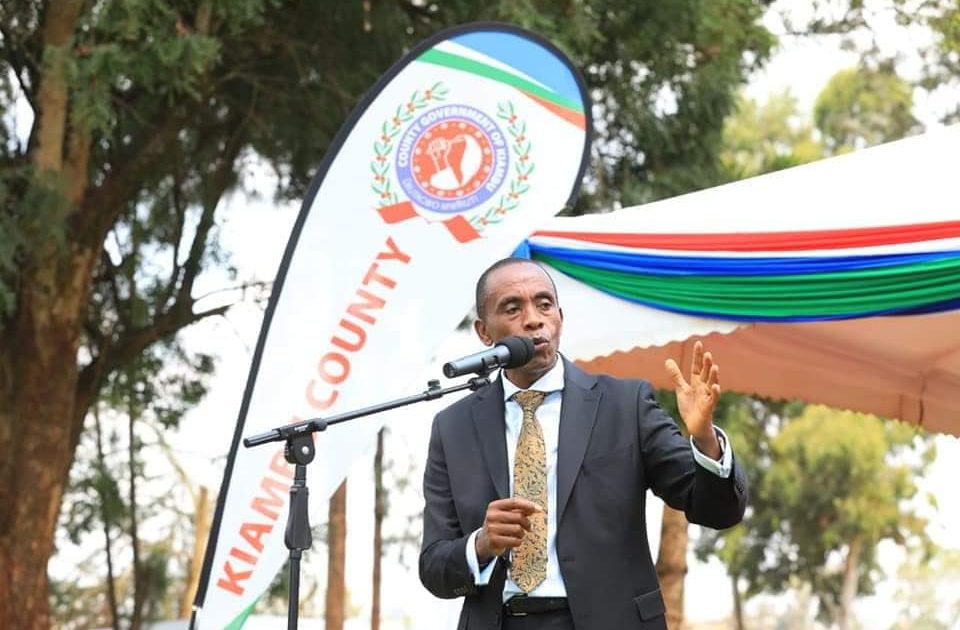Kiambu Governor Kimani Wamatangi has donated 120,000 kienyeji chicks to women’s groups around the county with the intention of supplying eggs to Early Childhood Development Education (ECDE) centers.
The women groups which have been selected from 60 wards with the aim of supplying the County’s Early Childhood Development feeding program with eggs thus meeting the nutritional needs of the children while at the same time economically empowering the women groups.
The Governor who held a meeting with the women groups at the county headquarters grounds, said the plan focuses at providing women’s groups with a sustainable source of income while contributing to the education, agriculture and well-being of the youngest learners.
“This initiative will not only strengthen our communities but also foster a sustainable and self-reliant approach to education, agriculture and nutrition,” said the county boss.
Wamatangi noted that, “By providing free chicks to the groups, it will empower women to engage in poultry rearing as a means of generating income, laying the foundation for our kids’ academic success” he added.
The Governor also unveiled the final designs of proposed new modern ECDE centers which are part of development projects whose implementation will begin on June 30, 2023.
The 41 new centers, comprise twin classrooms (PP1 and PP2), an office, an ablution block and playing areas.
“The plan is to build afresh 41 new centers and rehabilitate all 524 public ECDE centers present across the county in two years,” said Wamatangi.
He further cited that besides infrastructure and a feeding program that will see all learners in public ECDE centers get fortified porridge and eggs at school, the county government is also looking at improving the remuneration of ECDE teachers.
According to a recent report by Salaries and Remuneration Commission released in May, 2023, there are 43, 874 ECDE teachers employed by the 47 county governments and only 14, 919 are permanent and pensionable while the majority, 28955 are on three years’ contracts.
This is also in line with Vision 2030, where the country is committed to providing a globally competitive and quality education, training and research to all learners, thus among the strategies towards achieving this goal is integrating early childhood education into primary education.
By Grace Naishoo




